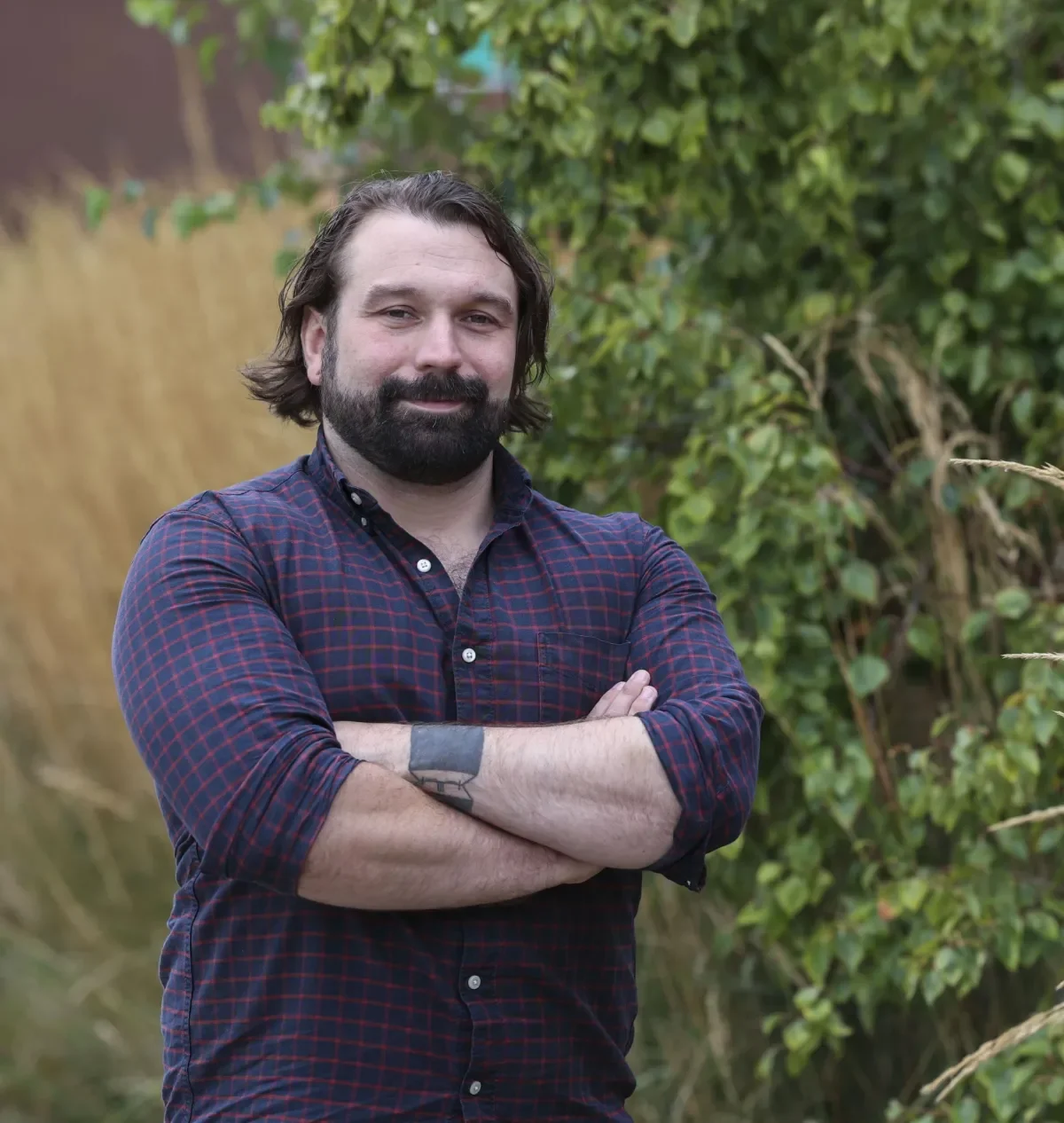

DCU project to replace petrochemical fungicides and pesticides with non-petrochemical alternatives
The materials used to improve the delivery of pesticides and fungicides that have been in use for the past century can be replaced with equally as effective non-petrochemical alternatives.
That’s the goal of Dr Ruairi Brannigan’s project for the SFI Future Food Systems Challenge, who is developing new kinds of bioabsorbable “polymer stickers”.
Petro-chemical based polymer stickers, which stick pesticides directly to foliage for delivery to the plan, have been around since the late 1950s.
These polymer stickers do a good job, but are environmentally damaging with more than 70% of the chemical wash or blown away by weather activity and made ineffective.
Dr Brannigan and his team want to develop a polymer sticker that is not based on petro-chemicals and has enhanced resistance to being blown or washed away.
As well as being biodegradable, Dr Brannigan is looking for a polymer that will promote plant growth in the soil once it breaks down.
The project has links with experts in soil and environmental analysis (Dr Shane O’Reilly (co-lead) from the Atlantic Technical University), nature fungicides-plant interactions (Dr Angela Feechan, Heriot-Watt University (Scotland)) and nano-device fabrication (Prof Nicholas Dunne, executive director of Biodesign Europe, DCU).
The plan is to build the new polymers from natural building blocks, which will, initially be bought on the open market from reputable sources.
At a later stage of the project, the amino acids building blocks will be sources from food waste, and this will require an additional level of chemical controls.
“The end goal is to produce a product, and to make an impact on society, that is what these challenges are all about,” said Dr Brannigan.
There will always be a need for a certain number of chemical fungicides, although there is scope, said Dr Brannigan, to develop natural types.
“There will be a place for non-degradable polymers like plastics in cars, as we don’t want our cars to start falling apart.”
“Likewise, there will always be a need for a certain number of chemical fungicides, although there is scope to develop more natural forms.”
“Farmers are looking for natural solutions and this, we hope, is one.”
